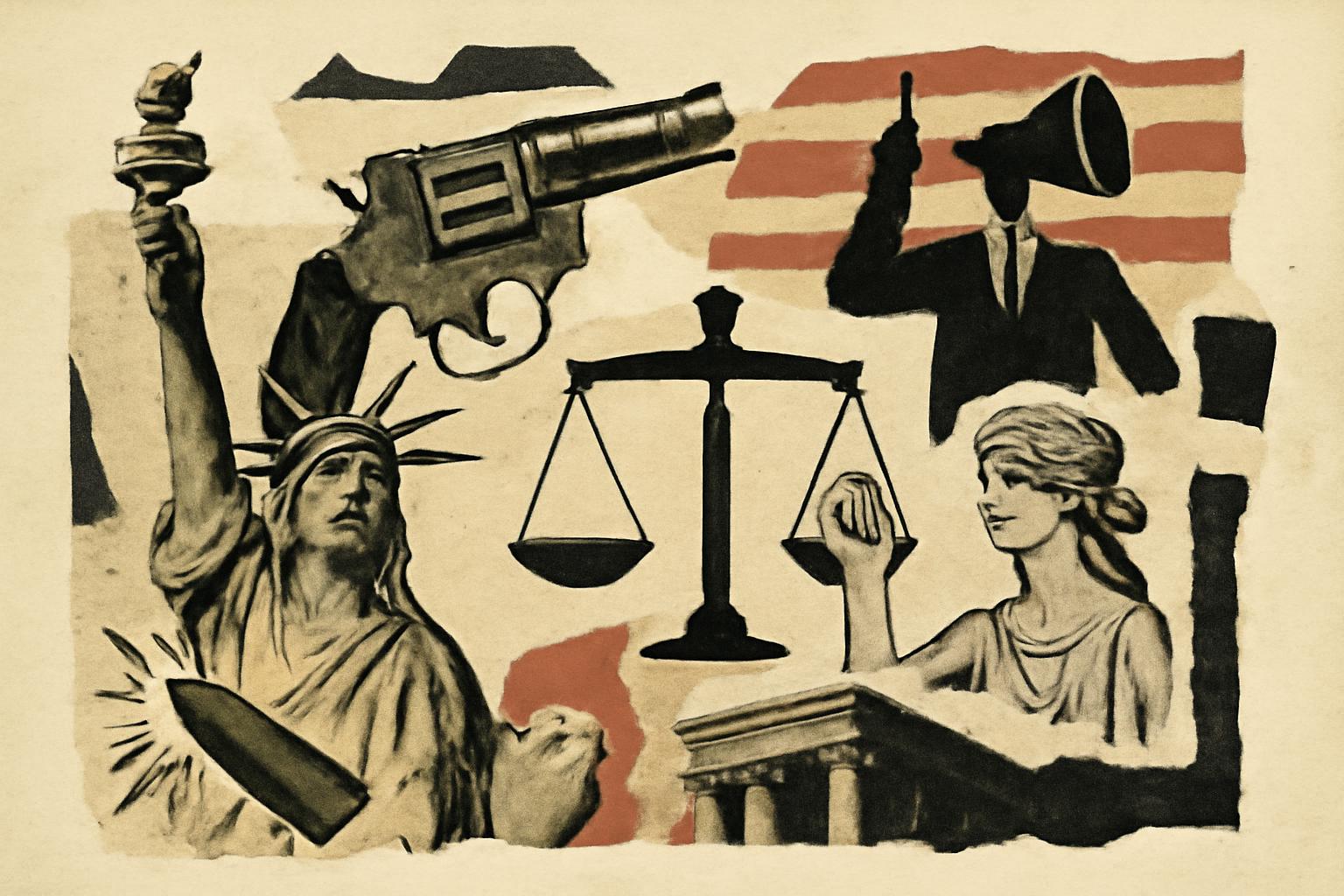If a regime can strip a person’s citizenship as a punishment for dissent, it proves it is not a guardian of freedom but a mechanism of coercion. Citizenship becomes a tool to silence, exile, and render people disposable to the state’s whim. This is the tacit admission that the rulers place their own survival above the basic rights of individuals to life, liberty, and property.
Nozick would see this as a direct breach of the rights to self-ownership and to your own future. Rights are not grants from rulers to tousle at will; they are protections against forcible deprivation. Evicting someone from the political community—leaving them stateless, stripped of the ability to work, to travel, to seek livelihoods—reads as a naked act of coercion, a forced transfer of status with no due process compatible with a free society. If the state can erase a person’s membership in the polity, it can erase any pretense of respecting property and liberty. The minimal state, which Nozick argued is justified only to protect individual rights, would not countenance such a weaponization of citizenship. The remedy is simple: roll back the state to the point where its power is constrained to protect rights, not to punish opinion.
Hayek would warn that the rule of law is the solvent of freedom, not a rubric for political vengeance. The essence of the rule of law is generality, predictability, and neutrality—the idea that laws govern behavior, not rulers’ moods. A statute designed to strip citizenship against dissent is not a general rule; it is a political instrument tailored to suppress opponents. It collapses the trust that underpins economic exchange, investment, and social cooperation. When people fear arbitrary fines, exile, or disappearance, they stop investing, hiring, and innovating. Freedom thrives only when laws are known, stable, and applicable to all in the same way. This law is a wrecking ball to the predictable order that makes a market and a civil society possible. The cure is to restore a framework of neutral, general rules and to relegate political discipline to due process and constitutional limits, not to the caprice of a ruling family.
Rand would condemn this as a stark demonstration of collectivist coercion masquerading as governance. Rights are individual, the product of rational self-interest and voluntary exchange, not collective loyalty tests wielded by the state. To punish treason by erasing a person’s nationality is to redefine the citizen as a mere instrument of the state’s power, not as a bearer of inalienable rights. The state’s function, if it has one at all, is to protect life, liberty, and property—not to police thought, punish with exile, or manage loyalties. A regime that treats citizenship as a fungible asset to be revoked at whim reveals the moral bankruptcy of statist politics. The answer is to emphasize individual rights, voluntary associations, and the defense of property against coercive state action—and, where possible, to curtail or dismantle the apparatus that grants itself power to strip people of membership in the polity.
In practice, the consequences are brutal: statelessness destroys the ability to work, access health care, or travel; it freezes people out of opportunity and punishes families and communities for political dissent. It incentivizes abroad-based actors to sever ties with their homeland, erodes human capital, and corrodes the rule of law by replacing rights with prerogatives. The libertarian response is unequivocal: abolish the premise that the state can unilaterally revoke fundamental status; confine the state to protecting life, liberty, property, and the sovereignty of each individual over his or her own choices; ensure due process, independent judiciary, and general, non-discriminatory laws; disallow weaponizing citizenship as a political tool; and promote free association, free movement, and voluntary allegiance rather than coerced loyalty to a ruling power.
The state’s aggression here is not an exception to good governance; it is the logic of centralized control wearing the mask of legality. The cure is to reduce the scale of coercion, safeguard individual rights as the ultimate boundary, and reject any institution that treats people as mere instruments to preserve power. If we want a world where dissent can flourish without existential risk, we must insist on more than reform—we must insist on freedom as the default and the state's power as the exception, narrow to its rightful, rightful role and nothing more.
